“The great appeal of the film is its relatability.” – Akira Kurosawa
Have you ever wondered why you connect with certain people, quotes or memes & within no time you try to share them with your friends/family? It is because of the relatability factor. The reason why you start relating to certain things is that they are made in such a personalised way which makes you feel that you are not the only one with these thoughts or situations. Relatability does not answer What? Why? Where? How? instead, it pushes you to dive in deep, understand the ongoing process, learn from it and grow.
Austrian neurologist Sigmund Freud theorised the process of identification—as a means whereby an individual develops his or her personality through idealising and imitating a parent or other figure—the concept has fruitfully been applied to the appreciation of the arts. Identification with a character is one of the pleasures of reading, or of watching movies, or seeing plays, though if it is where one’s engagement with the work begins, it should not be where critical thought ends. The concept of identification implies that the reader or viewer is, to some degree at least, actively engaged with the work in question: she is thinking herself into the experience of the characters on the page or screen or stage [1].
To make it more simple, let us talk about one of the biggest examples of relatability: Films. A film has the ability to stir the empathy inside us and make the feel the actor’s portrayals on-screen are real people with real lives. To make your audience feel all kinds of emotions, it’s the director’s art and ability to create a believable space for the story to unfold & how he makes the writing and acting hit all the right chords. The other side of the coin is the audience’s vulnerability & emotional availability & how well they absorb the on-screen emotions.
Let’s dive deep in and talk about three such films with which we all have related at some point or the other.
Before Sunrise (1995) – There’s no better example than ‘Before Sunrise’ for its relatability as the idea for the movie came to Director Richard Linklator during a night spent with a woman he met in a Philadelphia store in 1989. It’s amazing to see how a simple movie featuring two people who meet on a train from Budapest, get into talking, start wandering around the streets in Vienna & promise each other to meet at the same place in six months without exchanging any contact information. This film ended with a question, whether or not they are going to keep their promise? Whether or not Richard Linklator is going to meet that woman again? However, he soon got his answer when he learned that she had died in a motorcycle accident just before “Before Sunrise” began filming [2]. Despite all this, even after 27 years of its release, this film gives us hope to find that person you can have all your conversations with, who will be there for you unconditionally, who will help you with finding the right answers & help you grow especially in the era of online dating. There’s a dialogue of Julie Delpy in the film where she talks about how her grandmother was married to a man, however still dreamt of another man she was actually in love with instead of choosing long-term happiness and short-term pain she just simply accepted her fate by choosing vice-versa which is very sad. We all have one life & every one of us deserves love & to be on the same page as our partner. This film not only gives hope but courage as well. This dialogue by Ethan Hawke is something we all can still relate with. “You know what drives me crazy? It’s all these people talking about how great technology is, and how it saves all this time. But, what good is saving time, if nobody uses it? If it just turns into more busy work. You never hear somebody say, “With the time I’ve saved by using my word processor, I’m gonna go to a Zen monastery and hang out”. I mean, you never hear that” [3]. Every hour of our day starts and ends with the technologies & we have become so addicted to it now that there’s hardly any turning back. Whether it is banking, business or long-distance relationships, we need technology. It is what it is.
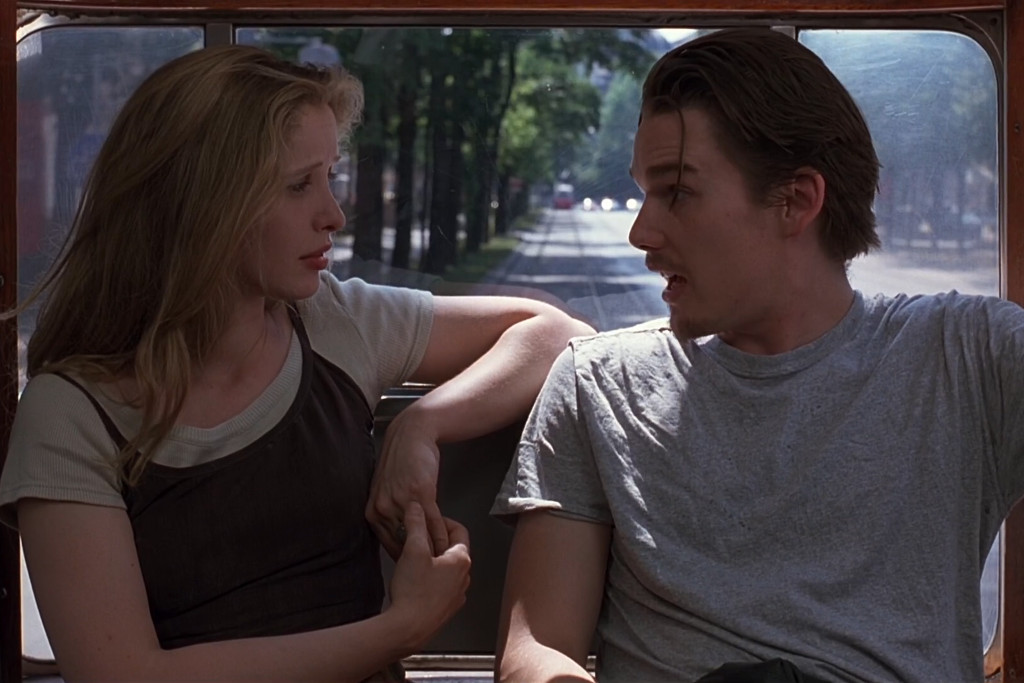
Fight Club (1999) – David Finchers’s classic is still a subject of interest even after 2 decades of its release. Fight club is not just a movie, it’s a study of human mind & life. One can only understand every little aspect of the film if they have watched it religiously. It’s a fight with your spiritual self. The reason Fight Club is so easy to misunderstand is that Fincher beautifully sets up both the narrator’s depression and Tyler’s appeal. The narrator is a victim of capitalism, unable to forge real human connections so instead he fills his life with a philosophy that he can relate to. Then you have Tyler who, at the outset, espouses an alluring philosophy. Tyler represents “freedom” from the modern world. He is independent[4]. Fight Club doesn’t offer you any answers to the struggles of the world, but a critique. It hits us with the harsh reality of ‘You Vs You’. We are not competing or fighting with the rights and wrongs of the outside world but what’s inside us & what we need to fix moving forward with our lives. “Only after a disaster can we be resurrected. It’s only after you’ve lost everything that you’re free to do anything. Nothing is static, everything is evolving, everything is falling apart.” Comment if you still relate with this quote and are still fighting & growing bit by bit.
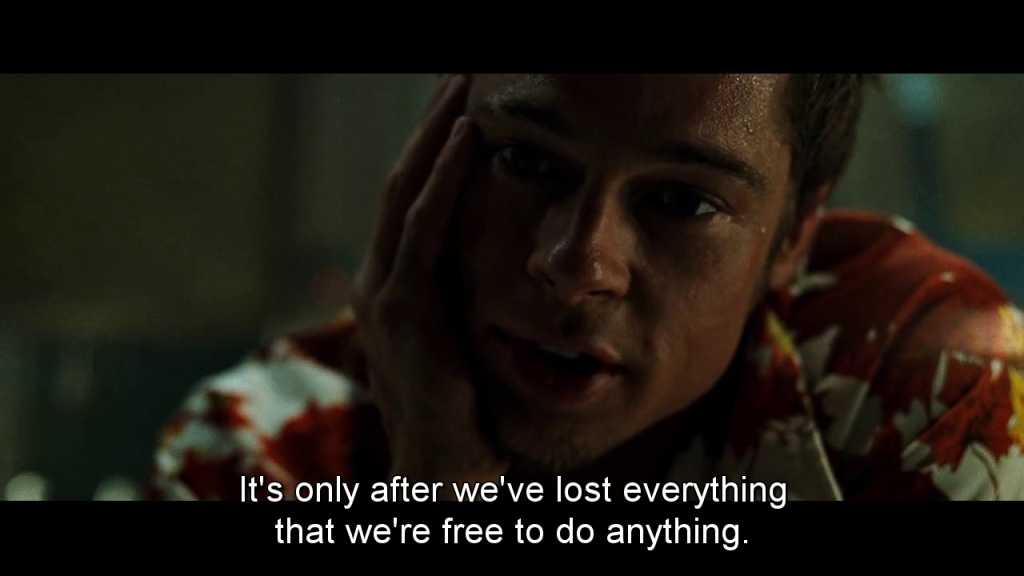
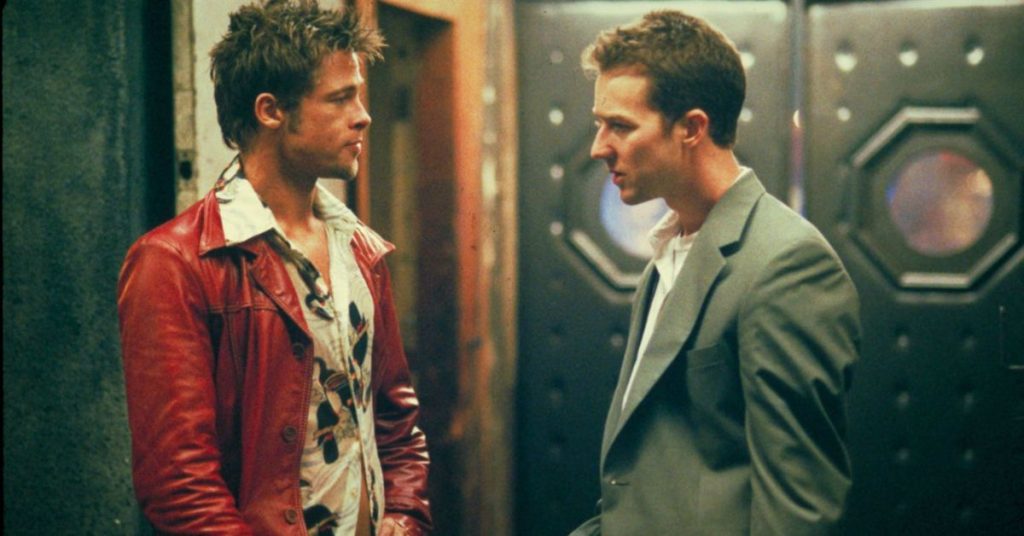
Tamasha (2015) – Indian Director Imtiaz Ali known for his eccentric work brought Tamasha (a grand show, drama) into our lives portraying how an urban man is stuck in a herd of sheep, surrounded by societal rules who work on the same pattern. The lead protagonist on his trip to Corsica meets a woman who helps him discover his true self. There are a lot of people out there who want to explore their creative side & build a career for themselves but somehow are not able to pursue their dreams due to societal pressure. There comes a time when you reach the saturation point and just break-free without having to think about the consequences. You start living your life on your terms and start following your passion. Someone has rightly said, “Do what you love”. Tamasha is an enjoyable journey to self discovery. Imtiaz interestingly presents it in a way that while you sympathise with Ved, you are really not sympathising with him during the film, laughing over his sudden outbursts from an alternate reality. But as you leave the theatre, the walk to the door makes you wonder if you are guilty of mocking his misery. Both the main characters supply life’s lessons leaving you emotionally uplifted. And while opportunities of sentimentality are rare, blanketed in dark comedy, one is left feeling admirably emotional[5].
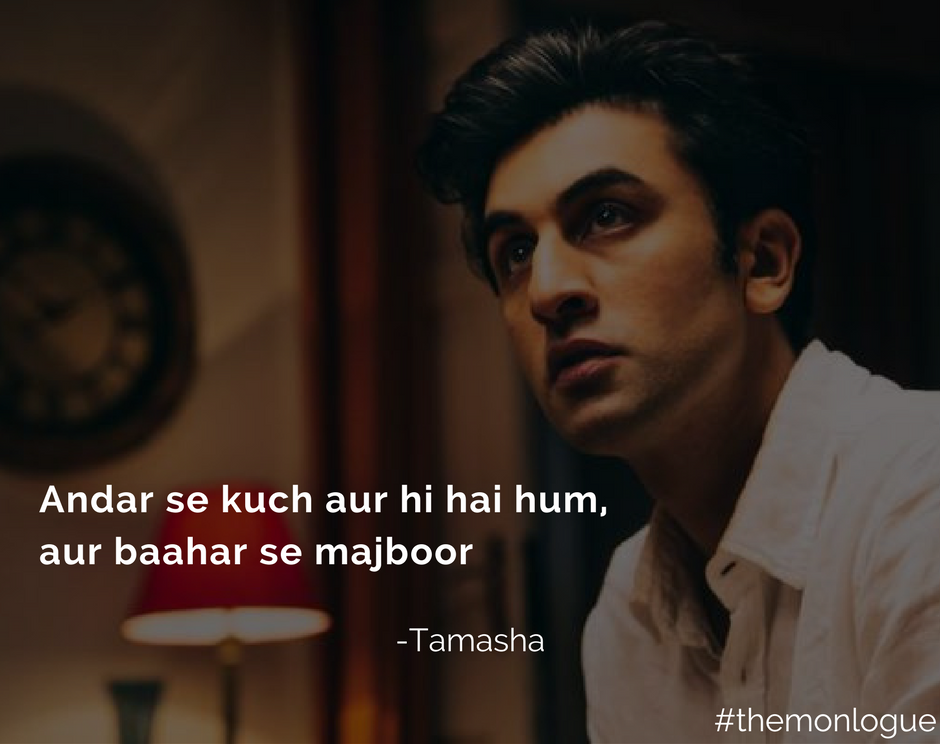
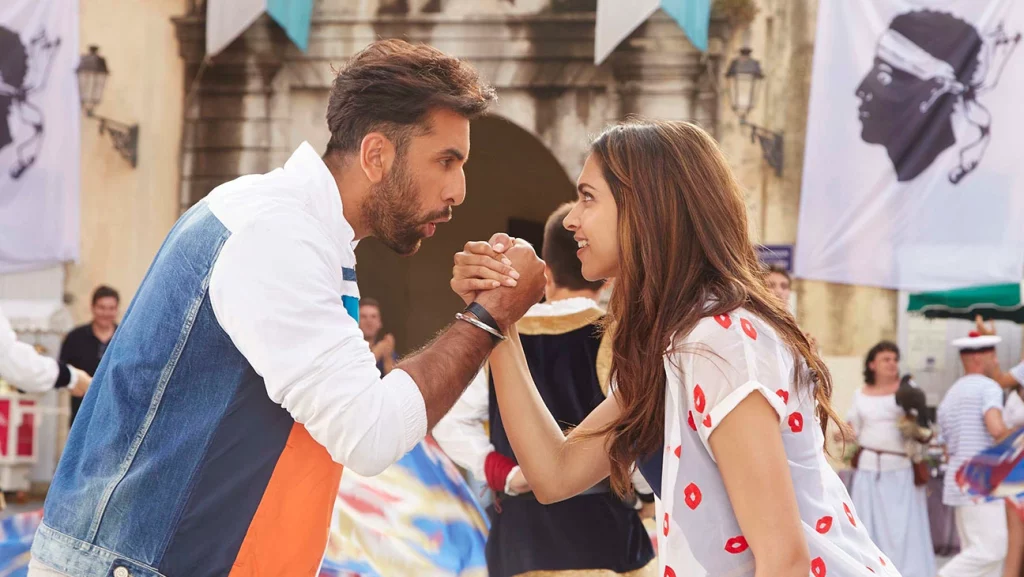
Films are not just made for entertainment purposes, it is an art. Art is created by looking at the bigger picture and reading between the lines. Films open up your mind and you start seeking the answers for your questions, you start observing and start thinking with a broader mindset. Like a tweet, a film is the translation and transmission of an idea—and that’s about where the comparison ends. When a good movie handles the human condition with the proper care, the result can bring the audience to tears, as though the characters were our dearest friends, or even a reflection of ourselves. The best movies give us something to ponder and reflect on without preaching to us. They play with our hearts and our minds, and sometimes they stay there for hours, or days, or weeks. There will never be a shortage of relatable content online, but giving yourself the chance to sit back and let a movie tap into your sentimentality is an experience that simply cannot be replicated by any other form of media [6]. Humans are complicated but film is a source of communication which helps a person to get out of their comfort zone, explore their imaginative side, work on their insecurities and try to become a better person each and every day.
To sum up, “Film as dream, film as music. No art passes our conscience in the way film does, and goes directly to our feelings, deep down into the dark rooms of our souls where we find ourselves.”
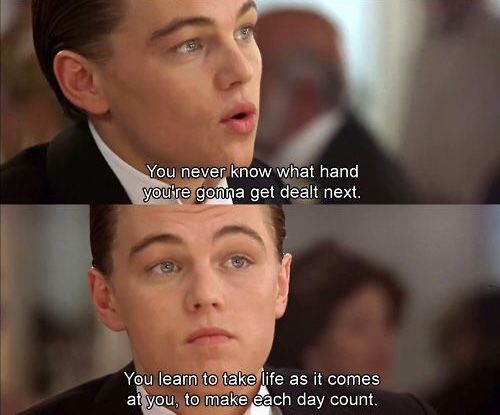
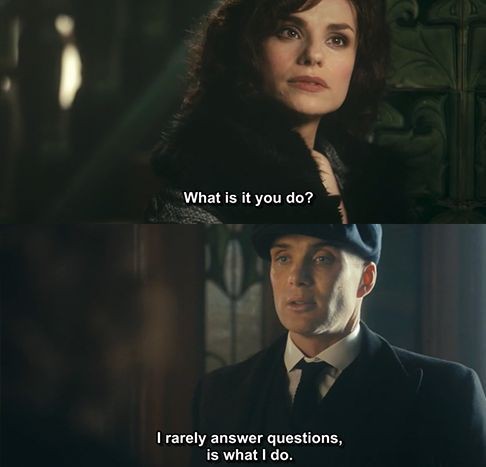

Must Watch:
References:
https://www.newyorker.com/culture/cultural-comment/scourge-relatability
https://collider.com/what-is-fight-club-really-about-explained/
https://www.thenews.com.pk/magazine/you/80223-tamasha-is-food-for-reflective-souls

Very awsm it is….
All aspects covered that one can think out 😃🤩…..
A great n mindful blog..
Very nice rashee🤩
Thank you! 🙂
Such an interesting reading! I’m a huge movie lover, and, as you perfectly explained, the main reason why I love watching movies is that I can often relate to characters, as if actors were real people with real lives. That’s the power of the seventh art: allowing us to live a thousand lives through movie characters, who are usually fictional, yet somehow so similar and so close to us.
Thank you, Francesca! I totally agree with you on the power of the seventh art! 🙂
An amazingly described article! Well done !! 😎
Thank you so much 🙂
A very interesting read! I can certainly agree that some of the movies I have enjoyed the most have a major relatability factor.
Thank you 🙂
Great and very interesting post! Well done!
Thank you 🙂